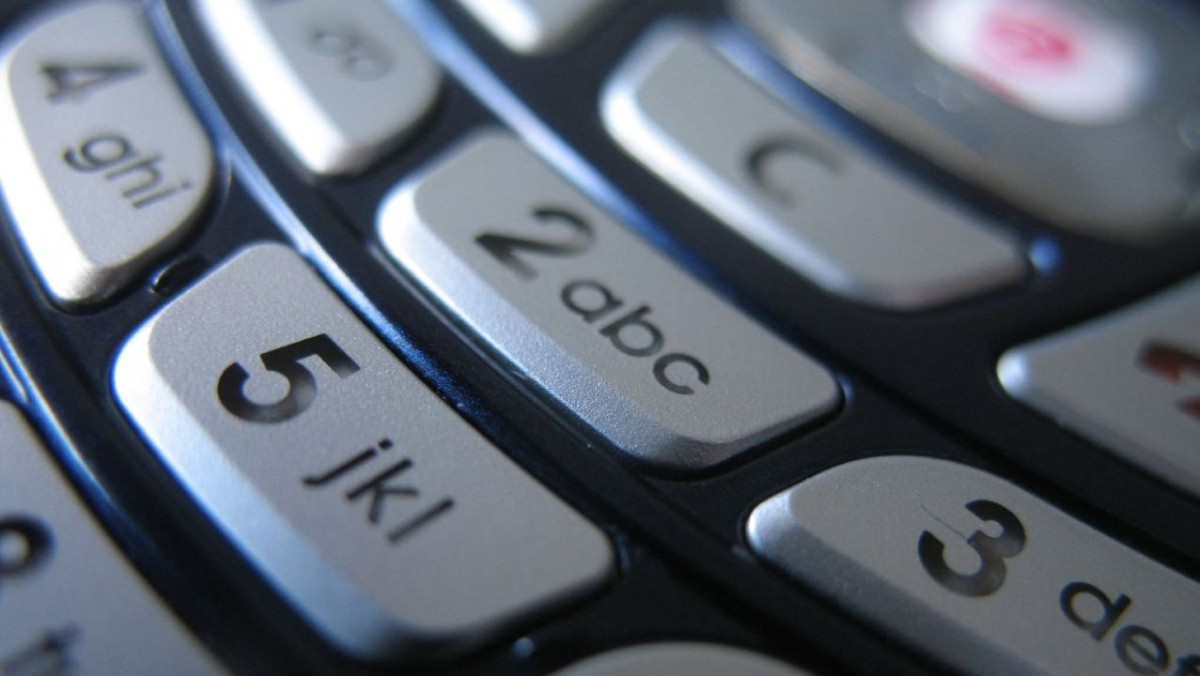
A freedom of information request obtained by the American Civil Liberties Union (ACLU) reveals police in Northern California have been monitoring cell phone data without warrants, a practice that civil liberties groups claim is a violation of citizens’ constitutional rights. Roughly 250 police departments across the U.S. report tracking cell phone data, but only a fraction obtain warrants from a court to do so.
Documents obtained through a ACLU Freedom of Information Request (FOIA) show that authorities are using devices, known as “stingrays,” that function as a cellphone tower allowing police to intercept cell phone signals and track suspected criminals.
The information builds upon previous ACLU investigations showing that hundreds of police departments across the United States routinely monitor cell phone data, but seldom obtain warrants that are required legally to carry out surveillance work.
The investigation began August 2011 when 35 ACLU affiliates filed more than 380 public records requests with state and local law enforcement agencies, asking about their “policies, procedures and practices for tracking cell phones.”
After years of surveying police department practices, the ACLU reported this week, “While virtually all of the roughly 250 police departments that responded to our request said they track cell phones, only a tiny minority reported consistently obtaining a warrant and demonstrating probable cause to do so.”
Even more troubling for civil liberties groups is the fact that stingrays are so powerful they can penetrate the walls of buildings, allowing police to track cell phone signals inside private homes.
“No matter how the StingRay is used — to identify, locate or intercept — they always send signals through the walls of homes, which should trigger a warrant requirement,” said Chris Soghoian, the ACLU’s principal technologist. “The signals always penetrate a space protected by the Fourth Amendment.”
Despite evidence that illegal searches are being carried out by police, previous court decisions have ruled in favor of police tracking cell phone data without warrants in cases involving drug trafficking and other illicit activities.
An August 2012 ruling by the U.S. Circuit Court of Appeals found that the Drug Enforcement Agency (DEA) was justified in tracking a cell phone owned by Melvin Skinner without a warrant. By using the global positioning system (GPS) signal emitted by Skinner’s cellular phone, DEA agents were able to track and arrest him while transporting more than 1,100 pounds of marijuana in his motorhome.
Skinner, also known by the alias, “Big Foot,” challenged the DEA in the case United States v. Skinner, but failed to overturn his conviction. Writing for the majority opinion of the U.S. Circuit Court of Appeals, Judge John M. Rogers said Skinner “did not have a reasonable expectation of privacy in the data given off by his voluntarily procured pay-as-you-go cell phone. If a tool used to transport contraband gives off a signal that can be tracked for location, certainly the police can track the signal.”


